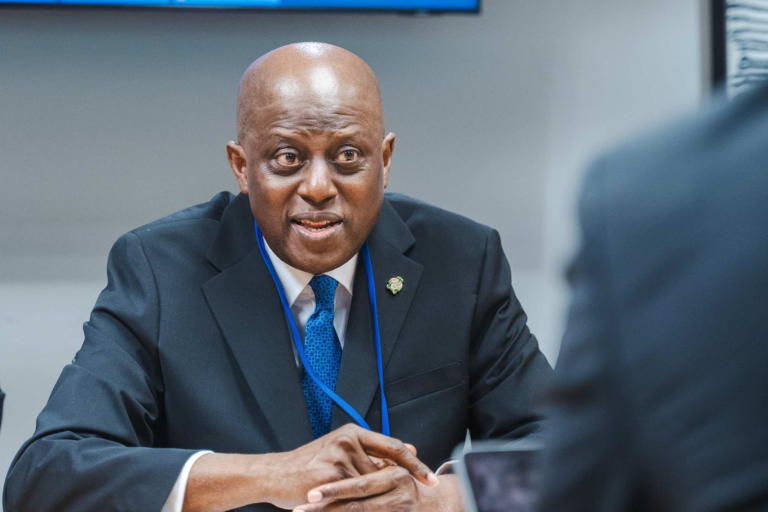Central Bank of Nigeria (CBN) Governor Olayemi Cardoso has declared the Nigerian naira competitive amid global economic challenges, attributing the currency’s relative stability to early and decisive policy reforms.
Speaking at the post-monetary policy committee (MPC) briefing, Cardoso highlighted the impact of recent US policies and geopolitical tensions on global currencies but stressed that Nigeria experienced only a modest depreciation compared to other countries.
“Relative to other countries, Nigeria came out very well… This reflects the measures we took earlier to stabilise the economy,” he said, underscoring a policy reset initiated 18 months ago as crucial to cushioning the economy from severe shocks.
The governor also noted a significant boost in Nigeria’s external reserves, driven by increased transparency and growing investor confidence. Feedback from recent engagements with Nigerians abroad and foreign investors was “overwhelmingly positive,” with investors now focusing on when, not whether, to invest in Nigeria.
Introducing the non-resident bank verification number (NRBVN) platform, Cardoso explained its role in facilitating secure diaspora transactions and lowering remittance costs, citing India’s success as a model.
He emphasized that Nigeria’s stronger currency would enhance regional trade and exports across West Africa. “Now is the time for Nigerian businesses to expand across the sub-region… we can deepen our surplus if we continue on this path,” he added.
Reiterating the CBN’s commitment to transparency, Cardoso disclosed that audited financial statements resumed in 2024 after two decades, revealing a dramatic reduction in losses from over a trillion naira to N30 billion within one year.
“The key takeaway from our statements is accountability, not profitability,” he concluded.



























